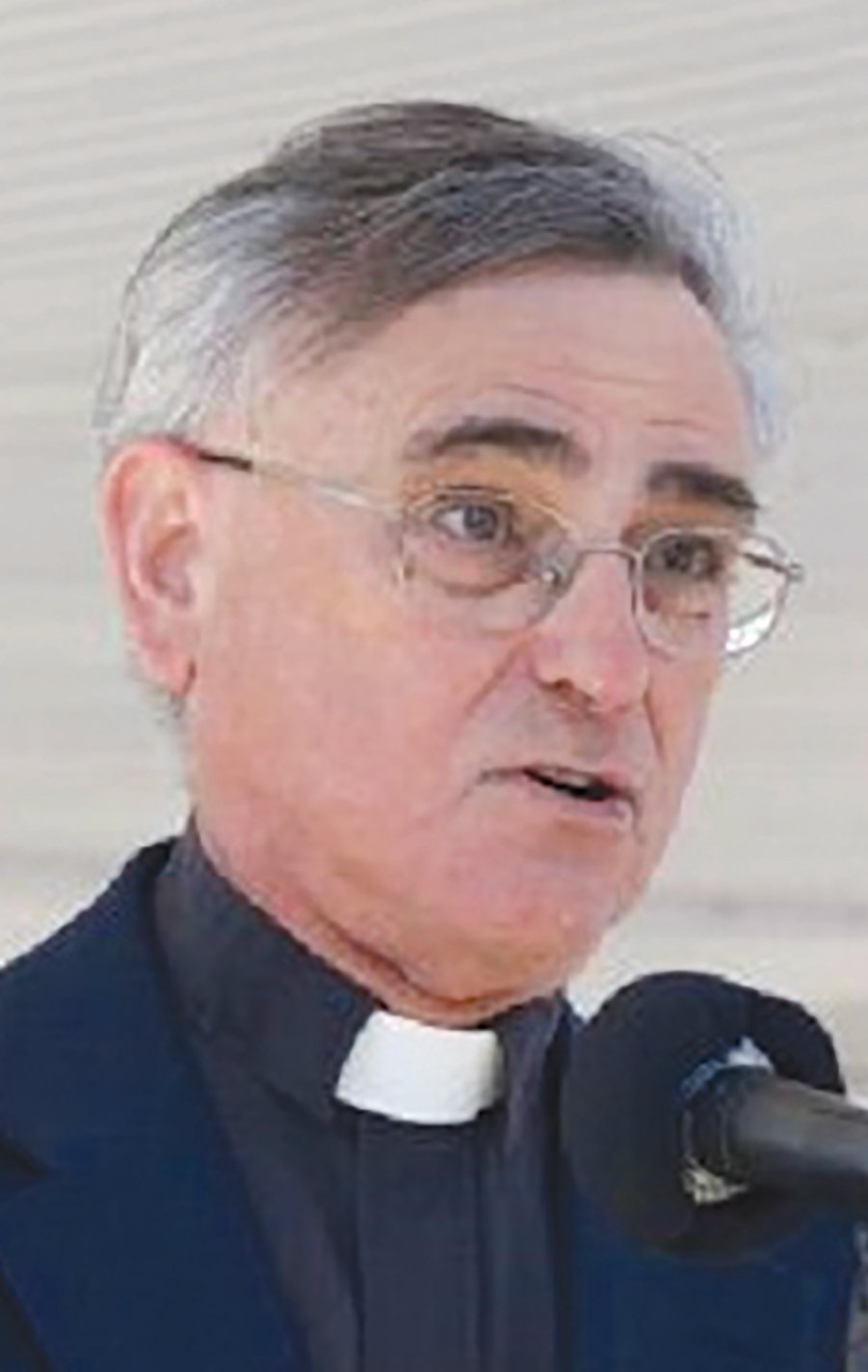Opinion: Back from the brink: Preventing nuclear war in Ukraine

As Russian President Vladimir Putin faces continuing military losses in Ukraine, he has ratcheted up his nuclear saber rattling. His efforts to call up 300,000 more Russian soldiers are facing major resistance, and he is encountering increasing criticism from Russian elites for his disastrous leadership of a war based on catastrophic miscalculations.
Russia has a policy that if they appear to be on the verge of losing a military conflict - and they have just lost a vast area previously occupied by the Russian army - they are willing to use so-called tactical ("smaller") nuclear weapons to intimidate an opponent to back off and make concessions.
Experts are warning that we may be closer to nuclear weapons use than we've been since the Cuban Missile Crisis exactly 60 years ago. In October 1962, the world came terrifyingly close to a full-scale nuclear war that could have killed many millions.
Some 100 tactical nuclear weapons were deployed with Soviet commanders in Cuba, who were pre-authorized to use them if the U.S. launched a land invasion - which the majority of U.S. military leaders at the time urged President John F. Kennedy to order. Kennedy rejected that, saying it would be perceived as "a Pearl Harbor in reverse." If he hadn't, it almost certainly would have led to a full-scale nuclear war.
But the Cuban Missile Crisis lasted 13 days, not the seven months-plus of the Ukraine war to date. More importantly, President Kennedy and Soviet leader Nikita Khrushchev wisely opened a back channel for private negotiations. Contrary to then-Secretary of State Dean Rusk's assertion at the time that "We're eyeball to eyeball, and I think the other fellow just blinked," it was actually intense diplomacy that prevented nuclear war.
Khrushchev had reasonably demanded that if he were to withdraw Soviet nuclear weapons from Cuba, the U.S. needed to withdraw nuclear weapons it had deployed in Turkey, which were equally close to the USSR. Kennedy wisely agreed but kept the agreement secret to protect himself from political blow-back.
To his credit, in response to Putin's threats, President Joe Biden has refrained from making provocative counter-threats and recently made clear that the U.S. and Ukraine's allies wouldn't back down if Russia used tactical nuclear weapons. He went on to say that we need to take steps to prevent "nuclear Armageddon" and find ways to offer Putin an off ramp - as Kennedy did with Khrushchev.
But as long as the Ukraine war is allowed to continue, the danger of the use of nuclear weapons remains acute. The only "off ramp" that will certainly prevent the use of nuclear weapons, which could potentially escalate all the way to global nuclear annihilation, is to engage in a diplomatic surge to rapidly end the war.
Rep. Pramila Jayapal, leader of the Congressional Progressive Caucus, is recruiting co-signers on a letter to President Biden urging such a diplomatic surge. I'm proud that my Congresswoman, Rep. Bonnie Watson Coleman, recently co-signed that letter. We need more leadership from our Congress, and all sectors of American society, to press for intensifying diplomacy to end the Ukraine war to de-escalate this terrifying nuclear danger.
The most effective diplomacy is the kind that President Kennedy used to help end the Cuban Missile Crisis. He recognized the USSR's legitimate grievance and consented to their request that the U.S. withdraw its nuclear weapons from Turkey. Russia may have legitimate concerns that could be addressed as part of a diplomatic resolution. Now is the time to exert all possible pressure to end this war before it comes home to all of us.
The Rev. Robert Moore has been Executive Director of the Princeton-based Coalition for Peace Action since September 1981.
More Articles to Read
